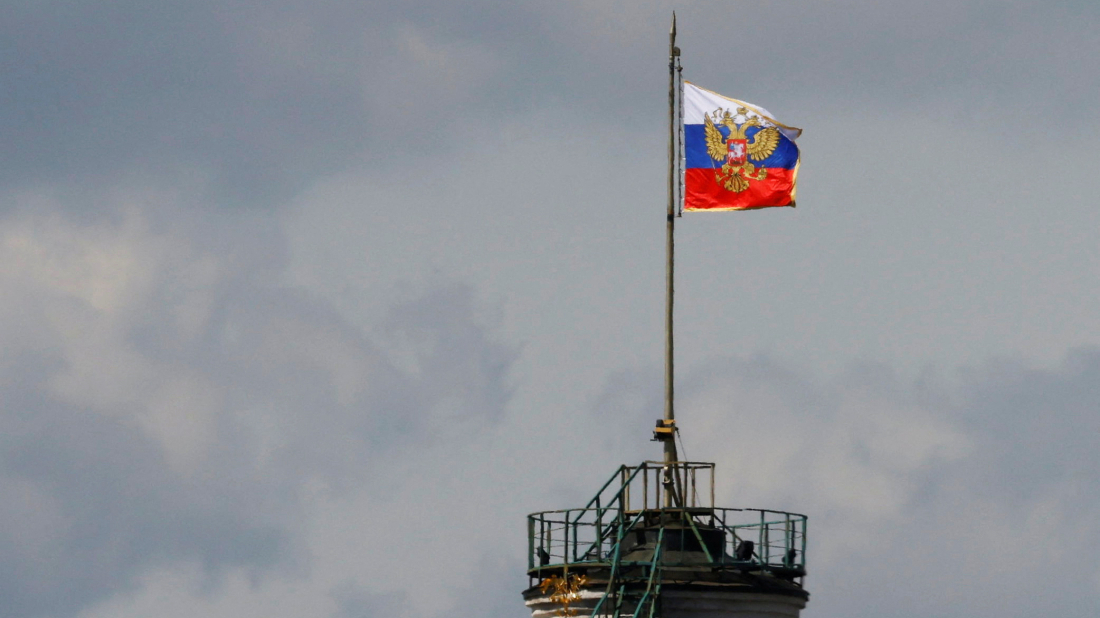Two killed in Israeli attack on first day of Ramadan in Gaza
Two Palestinians were killed on the first day of Ramadan after Israeli forces opened fire in the Gaza Strip, according to local sources and hospital o...

Microsoft has revealed that Russia’s Federal Security Service (FSB) is using local internet providers to launch malware attacks on foreign embassies in Moscow, in a targeted cyber espionage campaign.
The tech company said on Thursday that its threat intelligence unit has confirmed the campaign is being carried out within Russian borders, marking the first public confirmation that Moscow is running cyber operations at the internet service provider (ISP) level.
“Microsoft is now certain that this activity is happening within Russian borders,” said Sherrod DeGrippo, Microsoft's director of Threat Intelligence Strategy, in comments to Reuters.
The attacks were reportedly carried out in February and involved the installation of custom backdoors on embassy systems. These backdoors allow further malware to be deployed and data to be stolen, Microsoft said. The company did not identify which embassies were targeted.
The campaign is linked to a long-standing Russian cyber unit Microsoft calls "Secret Blizzard", also known in other cybersecurity circles as “Turla.” The U.S. government has previously identified the group as an FSB-controlled unit active in global espionage campaigns for nearly two decades.
In 2023, the FBI disrupted one of Turla’s operations that had reportedly targeted governments and journalists.
Microsoft’s disclosure comes at a sensitive moment in geopolitical tensions, with Washington calling on Moscow to support a ceasefire in Ukraine and NATO allies pledging greater defence spending to deter Russian threats.
The U.S. State Department has not commented on the findings. Russian officials have also not responded but have consistently denied involvement in cyber espionage.
Ruben Vardanyan has been sentenced to 20 years in prison by the Baku Military Court after being found guilty of a series of offences including war crimes, terrorism and crimes against humanity.
The Pentagon has threatened to designate artificial intelligence firm Anthropic as a “supply chain risk” amid a dispute over the military use of its Claude AI model, according to a report published Monday.
Israeli airstrikes on southern Lebanon killed two people in 12 hours, Lebanon’s Health Ministry said on Tuesday.
Representatives of Ukraine, Russia and the United States are set to meet in Geneva for a third round of trilateral negotiations aimed at ending the nearly four-year war, even as both sides intensify military pressure on the ground.
President Donald Trump said he will be involved “indirectly” in nuclear negotiations between the United States and Iran in Geneva, as both sides resume diplomacy against a backdrop of military pressure and deep mistrust.
Hungary and Slovakia announced a suspension of diesel exports to Ukraine on Wednesday.
A platoon of Swedish Air Force Rangers is training in Greenland as part of the ongoing “Arctic Endurance” exercise, according to Sweden’s military.
U.S.-mediated talks between Russia and Ukraine in Geneva ended after two days of negotiations that Ukrainian President Volodymyr Zelenskyy described as difficult, while signalling progress on the military track.
Millions of Muslims around the world have begun observing Ramadan, the ninth month of the Islamic lunar calendar and the most sacred period in Islam.
Foreign intelligence services are able to see messages sent by Russian soldiers using the Telegram messaging app, Russia's minister for digital development Maksud Shadayev said on Wednesday, the Interfax news agency reported.
You can download the AnewZ application from Play Store and the App Store.

What is your opinion on this topic?
Leave the first comment